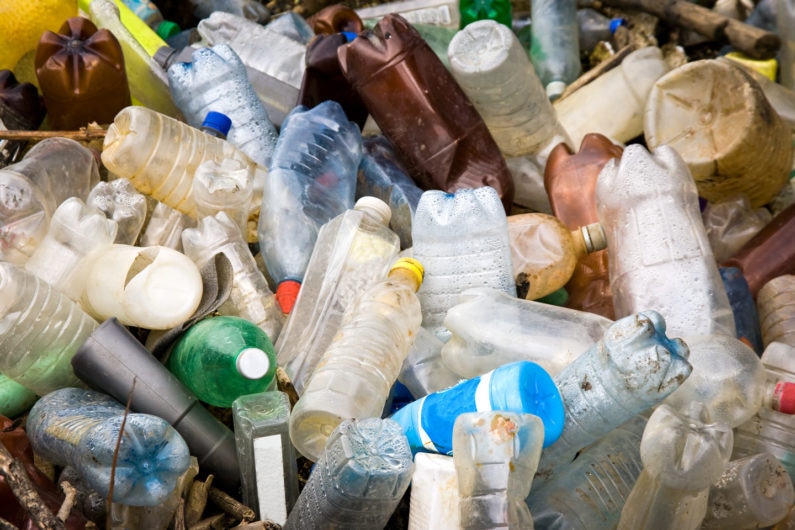Jul 29 2016
A new catalyst capable of making biodegradable plastics obtained from renewable materials has been developed by the IBM and Stanford chemists as a result of their long-standing partnership. This new invention holds promising alternatives to plastics produced from oil.
 An inexpensive and efficient process for making biodegradable plastics could save millions of tons of petroleum-derived plastics from landfills. (Image credit: Aleksandar Jaksic / Getty Images)
An inexpensive and efficient process for making biodegradable plastics could save millions of tons of petroleum-derived plastics from landfills. (Image credit: Aleksandar Jaksic / Getty Images)
Petroleum-based plastics come with a hefty cost and are considered to be ultimate achievements of the 20th century.
These plastics are inexpensive and their superior mechanical properties allow them to be used in everyday life.
The increase in the manufacturing of plastics and the environmental consequences linked to disposal has highlighted the extent to which the planet can cope with the existing “take, make and dispose” model of resource utilization. Biodegradable plastics obtained from renewable sources provide an attractive alternative, but it has still not been possible for these plastics to meet the performance and price of petroleum plastics.
Researchers at Stanford and IBM Research have recently reported on the discovery of new chemical approaches capable of generating biodegradable fabrics in a cost-effective and efficient manner that is ideal for producing a range of items as diverse as fabrics, medical devices and forks. The current issue of Nature Chemistry has published this study.
The process of developing biodegradable polyesters, like other chemical reactions, requires the support of a catalyst, which is a specific class of chemicals that has the potential to increase the reaction rate or push it over an energetic hurdle. The regular catalysts used to develop biodegradable plastics are metal-based, expensive and difficult to remove from the final material, and they do not decay in the environment.
A team of researchers led by James Hedrick of IBM Research and Robert Waymouth of Stanford presents an alternative catalyst developed from common organic compounds.
The catalyst was crafted by reacting common chemical ingredients such as thiourea with a metal alkoxide. This resulted in developing a catalyst that is selective and rapid, highlighting the fact that it excels at facilitating and accelerating reactions and that it does not change the shape or properties of the resulting polymer once it is formed.
While many catalysts are either fast or selective, these catalysts are both. They are simple to prepare, easy to use and can be readily adopted by anyone with a basic knowledge of chemistry.
Robert Waymouth, Professor, Stanford
Waymouth stated that the design of the new catalyst helps to reduce environmental impact and cost, and it can also be used to produce a wide range of plastics ideal for varied functions. The work is capable of producing polylactic acid, which is a commercial compostable biodegradable polyester used in disposable plasticware, such as forks, plates, cups and tableware. The new discovery is also used in the medical field for stents, implants, resorbable sutures, drug-delivery materials and biomedical implants. There is also the possibility of using it in everyday items such as non-woven fabrics and food packaging.
The researchers stated that the results obtained are just the first steps even though they are based on 10 years of research. A new class of catalysts with a wide range of applications can be obtained as this technique is simple and the catalysts are easily modified. The researchers also focus on discovering a new range of useful biodegradable plastics that have not been discussed in this study.
Our catalyst design is simple and general and could prove useful not only for polymerization but for a wide range of organic reactions.
Xiangyi Zhang, Graduate Student, Stanford
In addition to Waymouth, Hedrick and Zhang, the study, “Fast and selective ring-opening polymerizations by alkoxides and thioureas,” was co-authored by Gavin Jones of IBM Research. The research received partial financial aid from the National Science Foundation.